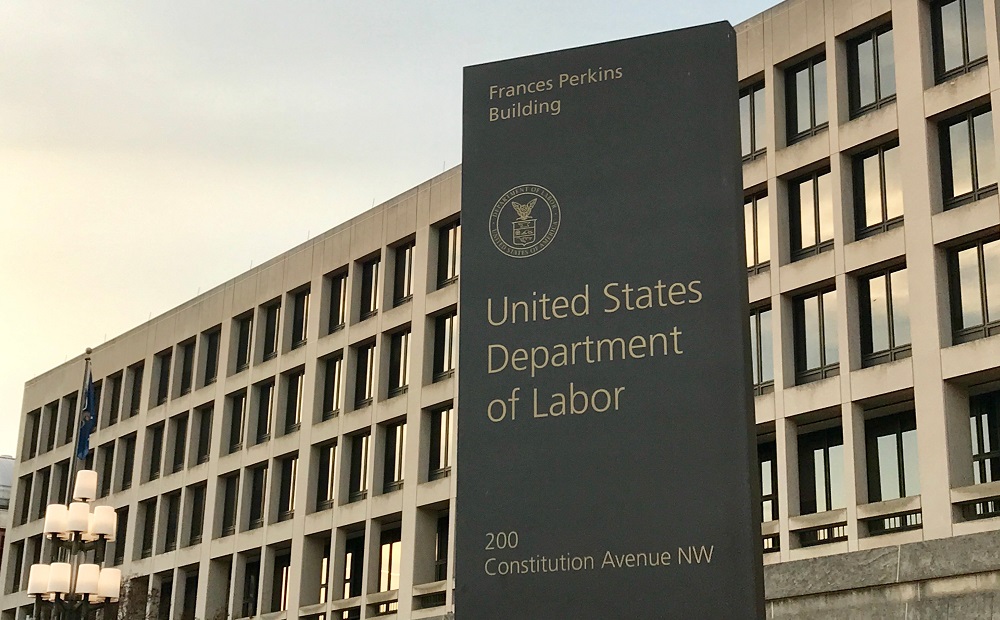Congressional Review Act (CRA) resolutions to block the Department of Labor’s (DOL’s) newly finalized fiduciary rule have been introduced in both the House and Senate. It appears the motion may pass, but President Biden is virtually certain to veto it if it does pass.
SJ Res 79, the CRA resolution introduced on May 15 in the Senate, was authored by Sen. Ted Budd (R-NC) and has 23 cosponsors.
In the House, there were four CRA resolutions offered, also on May 15—HJ Res 140, HJ Res 141, HJ Res 142, and H.J Res 143. The four resolutions combined cover the fiduciary rule itself, plus new guidance on each of the three related prohibited transaction exemption (PTE) rules that accompanied the new fiduciary rule. The four CRA motions were offered by Rep. Rick Allen (R-GA), with 29 GOP cosponsors.
If enacted and signed into law, the CRA motions would block the new fiduciary rule (and its related PTEs), as well as prevent DOL from issuing substantially similar rules in the future.
Prospects: A CRA motion requires only a simple majority to pass both the House and the Senate. Thus, it is possible these motions could be approved by Congress. However, the legislation is subject to a presidential veto, and it is virtually certain that President Biden would, in fact, veto it.
NAIFA Staff Contacts: Diane Boyle – Senior Vice President – Government Relations, at dboyle@naifa.org; or Jayne Fitzgerald – Director – Government Relations, at jfitzgerald@naifa.org; or Michael Hedge – Senior Director – Government Relations, at mhedge@naifa.org.






.png?width=600&height=90&name=Support%20IFAPAC%20%20(600%20%C3%97%2090%20px).png)
